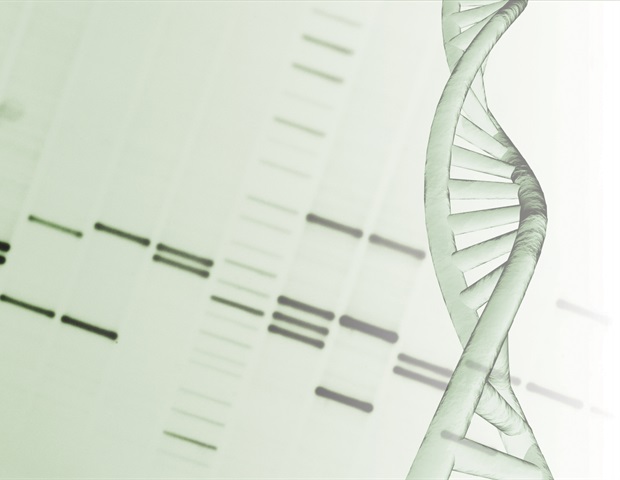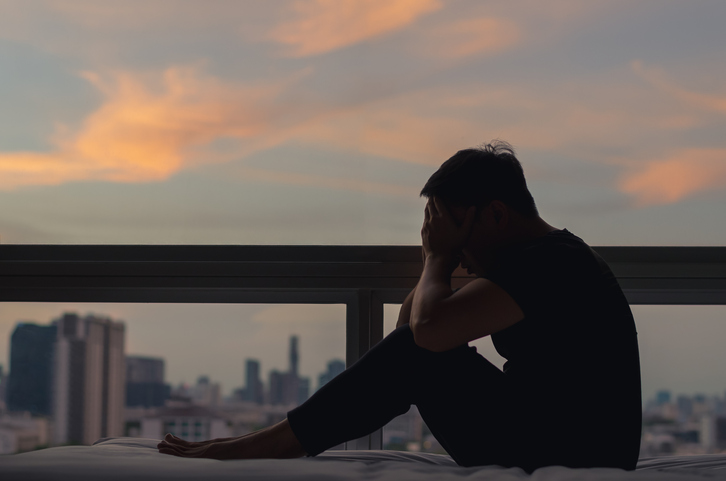Telemental health company Brightside Health has expanded to serve teens ages 13 to 17, the company announced Tuesday.
The San Francisco-based company has traditionally served adults with mild to severe clinical depression, anxiety and other mood disorders. Brightside offers therapy and psychiatry and works with most major insurers, including Medicare and Medicaid. It also has substance use disorder services and its Crisis Care program, which is meant for those with an elevated risk for suicide and is focused on de-escalating the patient’s suicidal ideation.
To start, Brightside is offering its teen patients therapy and psychiatry services. Patients receive one-on-one video sessions, messaging with their provider between visits, interactive lessons and progress-tracking on the Brightside app. The company works with teens on issues that many of them face, like peer pressure, social media challenges, life transitions and self-esteem. The company also engages with the teens’ caregivers when appropriate.
“An important part of delivering care to teens is involving their guardians, and that’s one of the biggest things that requires doing it carefully and correctly,” said Brad Kittredge, co-founder and CEO of Brightside Health, in an interview. “There are different regulations in different states, as well as just making sure that the role of the parent strikes the right balance in having the right involvement and support and oversight, but also giving the right room for the teen to really connect and engage with the provider to get the best benefit.”
The teen support is currently available in 15 states, though it will roll out to all 50 states by early 2025. In addition, the company will begin providing its substance use disorder services and its Crisis Care program to teens in 2025.
There is a need for more mental health support for teens. About one in seven 10 to 19-year-olds battle a mental disorder, and suicide is the fourth leading cause of death among 15 to 29-year-olds. And while some aspects of treatment are similar to adults, it’s important for teens to have care that is tailored to their needs.
“The threshold to prescribe medications to a teen is higher than an adult. … We’ll really more commonly start with therapy and then often depending on the individual circumstances, we’ll perhaps later add in medication as needed,” Kittredge said. “Then also when you do things like suicide screening, we’re really building in rigorous steps through every encounter and follow-up and parental communication and that kind of thing to make sure that that whole safety layer is really robust.”
More and more digital health companies are building teen-specific offerings. Mental health company Lyra Health recently launched a program tailored to teens, as did substance use disorder companies Bicycle Health and Boulder Care. There are also some companies that are solely focused on teens, like the mental health app BeMe Health.
By expanding its services to include teens, Brightside Health seeks to strengthen its value proposition for its partners, Kittredge said.
“When you have a challenge at the emergency room of too many people presenting with mental health complaints and not knowing how to support them and where to refer them and how to reduce your readmission rates or improve your performance against HEDIS scores for follow-up measures, we can help you with all of it,” he stated. “We’re a one-stop solution for you so that we can alleviate those headaches, improve your operations, improve your clinical outcomes with high confidence, as well as help you against these financial performance metrics like your HEDIS scores and your readmission rates.”
Photo credit: Bohdan Skrypnyk, Getty Images







